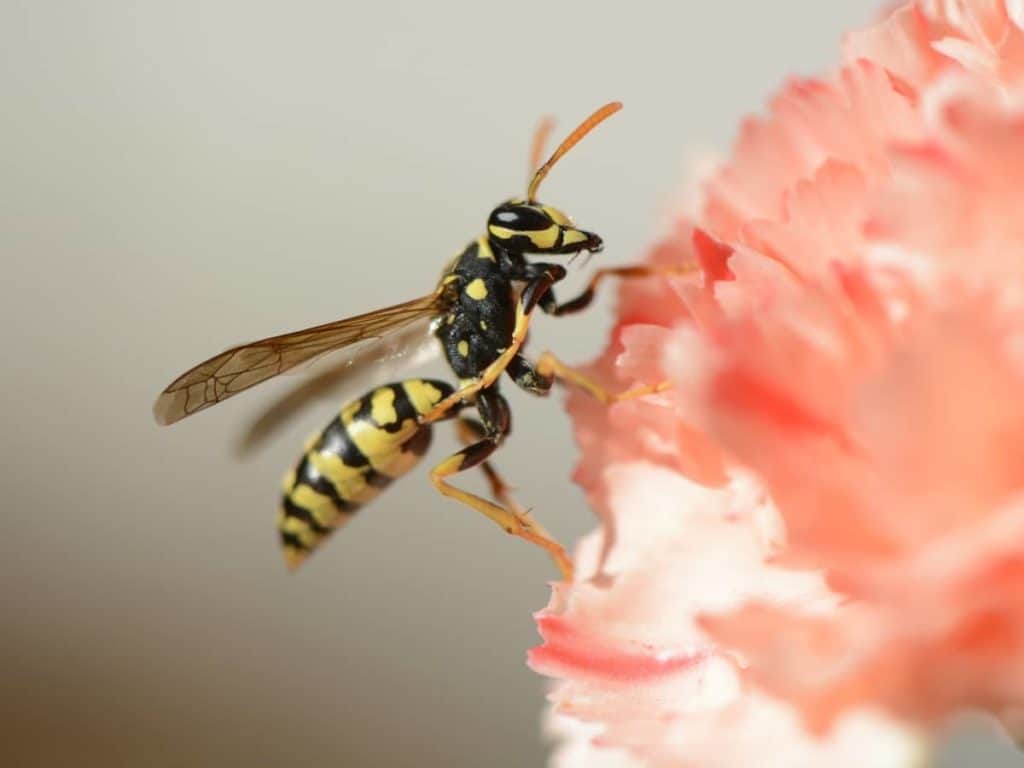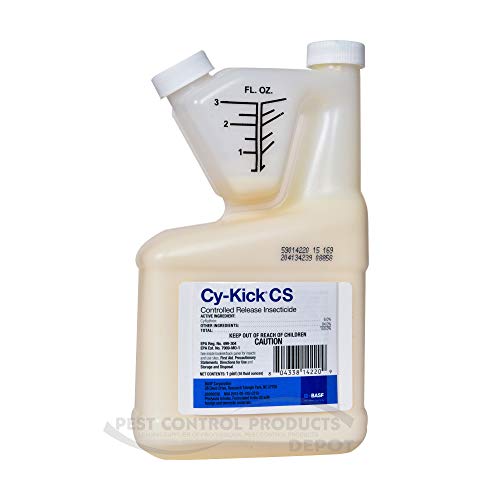Wasp infestation may be quite bothersome for property owners. And if you are working on removing a wasp nest from your yard or garden, you must have stumbled upon this common question: will wasps return to a destroyed nest.
In this article, we will answer such concerns regarding the nests of wasps. Read on to learn more about wasps’ behavior toward their destroyed nests.
Will wasps return to a destroyed nest?
Yes, wasps will return to a destroyed nest. Once you have disinfested a nest of wasps, the surviving ones will come back to investigate the site. It is likely that they will take a look at the site and fly away. And they may not survive for long if they choose to stay.
Table of Contents

Once wasps spread their infestation in your garden or yard, it is quite hard to get rid of them. Homeowners often destroy the entire nest altogether. But wasps return to a destroyed nest to investigate the site and check out if there’s anything left of it.
They will also check on the wasps that are not alive.
Wasps are generally very busy insects. They stick to their schedule and keep on working. However, if you destroy their nest, they will come back to check on it.
And if the site is destroyed, the wasps will eventually disappear completely from the area. When the wasps find out that the nest is destroyed, they will go dormant for a while. Meanwhile, the surviving wasps will work on relocation.
They will build a new nest elsewhere. The solitary wasps will not have a hard time with the relocation. They will have a smooth transition.
On the other hand, the social wasps will have a hard time surviving once most of the wasps in the group are terminated as they can not survive alone.
Will wasps return to a sprayed nest?
No, wasps will not immediately return to a sprayed nest. Once you have sprayed a pesticide on a wasp nest, they will leave the site and run for their lives. The surviving wasps will eventually return to the wasp nest to check on the damage that’s been caused in the process.
However, they will eventually leave as they realize that most of the wasps in the nest are abandoned. So that is to say, wasps will not linger around for too long after you have sprayed a wasp nest.
2 reasons why wasps will return to a destroyed nest
It is known that wasps tend to return to a destroyed nest after you have sprayed a pesticide on it. There are curious reasons behind it. There are many theories behind these reasons.
Let’s take a look at two of the most prominent reasons why wasps will return to a destroyed nest:
To investigate if there are survivors:
It is believed that many wasps return to a destroyed nest to check on their peers. They come around hoping that they will find some survivors. So that is to say, wasps return to a destroyed nest to investigate and carry with them any survivors from their colony.
Pheromones:
Another prominent reason why wasps will return to a destroyed nest is a chemical named pheromone. It is something that helps them locate their nests. So when wasps go outside, they come back to their nests by tracing this chemical.
Part of this chemical stays in the remains of their destroyed nest. It brings some wasps back to the nest. These lingering pheromones will keep on attracting wasps to a destroyed nest for a while.
How long does it take for wasps to leave a destroyed nest?
It takes about a couple of days for wasps to leave a destroyed nest. They will keep on coming back to the destroyed nest for a while after leaving, but they will not stay for long.
Insecticides work quite efficiently on wasp nests. They are great for bringing down nests and eliminating the infestation from an area. But wasps will keep returning to a destroyed nest after leaving.
But you should not worry about it. They will not linger around for too long.
Why do wasps keep returning?
There are several reasons why wasps keep returning to a destroyed nest. Here are some of the most significant reasons why wasps keep returning:
Checking on their colony:
Wasps take it as a responsibility to check on their colony after it has been destroyed. They are social insects and they live in groups.
Once their colonies have been invaded, the surviving ants take it upon themselves to check on the rest of the hive and find out if there are any survivors. This is the main reason behind their return.
The location of the nest is too habitable for them:
Another important reason why wasps keep returning to a certain spot may be because the location is too favorable for them. They likely find the spot to be too habitable for their colony.
A chemical named pheromone:
Wasps locate their nests with the help of a chemical named pheromone. It is possible that other members of their colony have sent a signal to the rest of the members by using this chemical.
That might be another reason why wasps keep returning to a location.
How do you keep wasps from coming back?
Wasp infestation can be a dangerous one as these insects are rather aggressive. Their bites also leave a lasting effect on humans. So if you find a wasp nest nearby, you should work on the disinfestation process as soon as possible.
Here are a few methods you can follow to keep wasps from coming back:
Insecticide:
You can use an insecticide to keep wasps from coming back. You will find several flying insects insecticides on the market that will help you get rid of wasps.
Make sure to regularly spray these insecticides around your home if your yard generally tends to attract wasps.
Wasps build their nests in spring and fall, so you should give special attention to spraying these insecticides around your home during early spring and fall.
Restrict the spread of sweet smells:
Wasps are generally attracted to a place through sweet smells. So you would want to keep smells of fruits, flowers, and other sweet components away from the reach of wasps.
Make sure to store fruits in the fridge instead of the kitchen countertop. In addition, keep flowers away from the window or open spaces if you have any flowering plants indoors.
Spray chemicals around the yard:
If your home generally attracts wasps, then you should be extra careful during their nesting seasons in fall and spring. Make sure to spray aerosol pyrethrin around your home regularly.
Follow a strict schedule to spray the insecticides around plants and bushes surrounding your home. It is best to spray such a chemical around your home at least once a week. This will keep wasps from coming back even after you have eliminated their nests.
Spray under wooden decks:
If your home or property has wooden decks, then you should make sure to spray underneath those decks at least once a month. Keep in mind that wood would release a scent that attracts wasps from all around.
Spraying chemicals like cypermethrin underneath any wooden structure will keep wasps from coming back.
Do wasps return to the same nest each year?
No, wasps do not usually return to the same nest each year. They like to change their nesting areas every year and find a location that’s better suited to their preferences.
However, if a certain spot favors their habitat and position, then you will find wasps returning to that same nest year after year. But do not worry too much about it. The nests of wasps eventually lose their life off by themselves without you having to take any actions against them.
What smell do wasps dislike?
Wasps rely on their sense of smell to find food. They have a strong smell sense. And there are several smells that wasps dislike.
Wasps do not like strong smells like peppermint, clove, lemongrass, bay leaves, geranium essential oil and flowers, all kinds of scented herbs, cucumber, vinegar, and more. You can use these scents to deter wasps from your garden or yard.
Final Thoughts:
Wasps will return to a destroyed nest. They do so to check on the site. Chances are that they will take a quick look around and relocate. Note that the social wasps may not survive for long afterward, but the solitary wasps will have an easy time building a new nest elsewhere.






